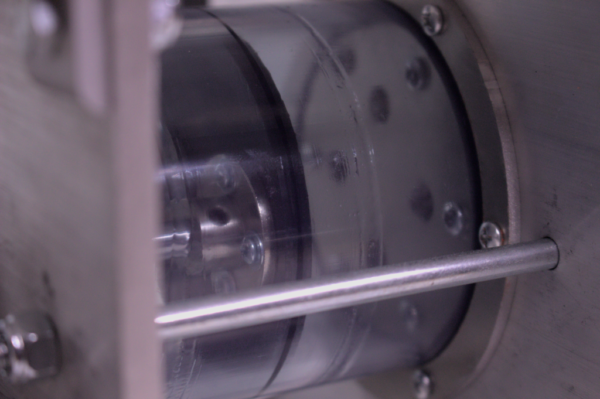The Best of my Work Research, Engineering Services, and More
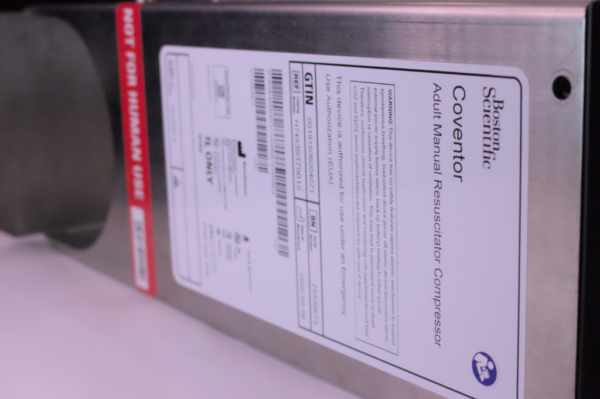
The Coventor
My research lab, the Earl E. Bakken Medical Devices Center, was approached to design a bridge ventilation device for COVID-19 patients in the event of a ventilator shortage. As the lead engineer on the early-stage development, I led a multi-disciplinary team which produced the Coventor: the first FDA Emergency Use Approved ventilator alternative for COVID-19. Read more.
PhD Research
My core PhD research question was, “Can a neural network with low computation cost be constructed to accurately forecast glucose from continuous glucose monitors with results that are robust to changes in physiological location?”
Using a novel neural network design, I successfully resolved increases in forecast error and published the results. Read more.
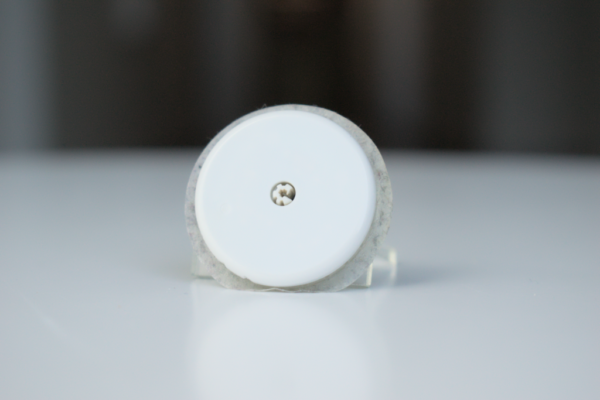
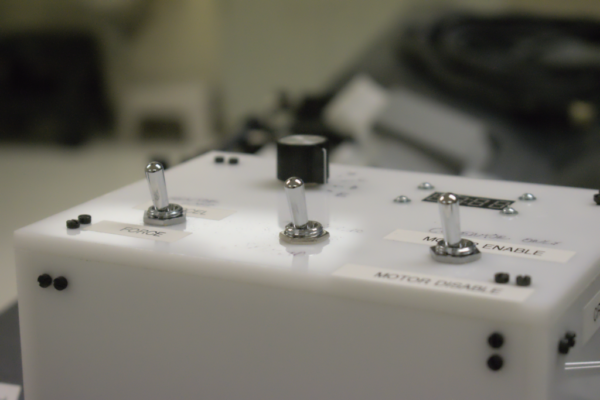
Custom Synchronized Ventilation
Using my experiences with the Coventor, I built a custom ventilator controller for a local company, Advanced CPR Solutions. This device has been used in over 50 animal studies and formed the basis for a successful NIH SBIR grant worth over $300k awarded to the company.
Mechanism Analysis Consultation
Under the guidance of my advisor, Dr. Art Erdman, I performed a statistical tolerance analysis on an upcoming product for a major medical device company. This analysis included recommendations on manufacturing tolerances and design verification of the mechanism motion.
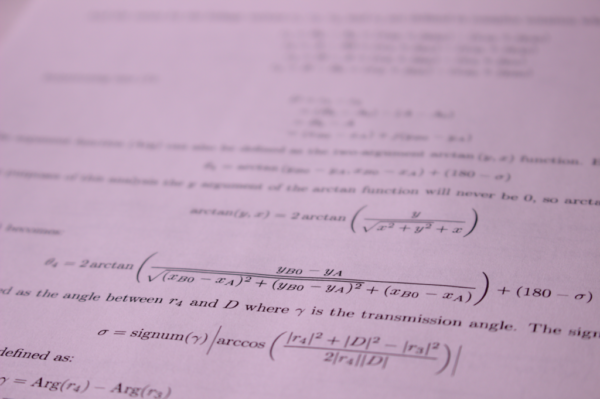
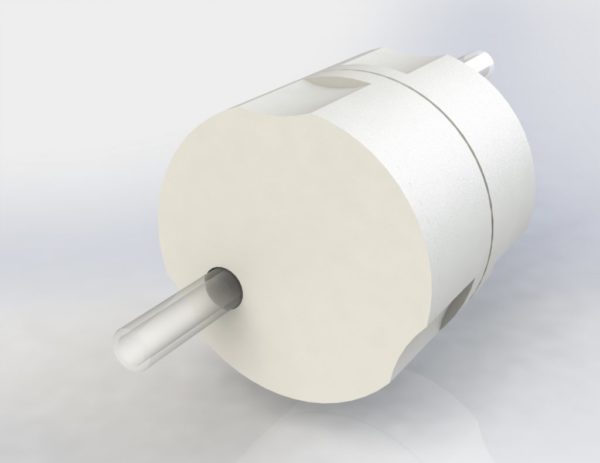
Touchless Dialysis Catheter Connector
Peritoneal dialysis patients need a safe, clean, easy way to connect their dialysis machine to their indwelling catheter, so I co-invented a touchless connector for peritoneal dialysis. This invention was the winner of an NSF I-CORPS grant and was later licensed to a local company who won an NIH SBIR grant for over $300k.
Custom Pump for Balloon Catheter Inflation
Building on a novel balloon catheter technology developed in my research lab, I designed and fabricated a custom balloon catheter controller which was capable of adaptively inflating and deflating according to physiological markers. This technology was awarded a grant for $250k from the University of Minnesota Clinical Translational Science Institute.
